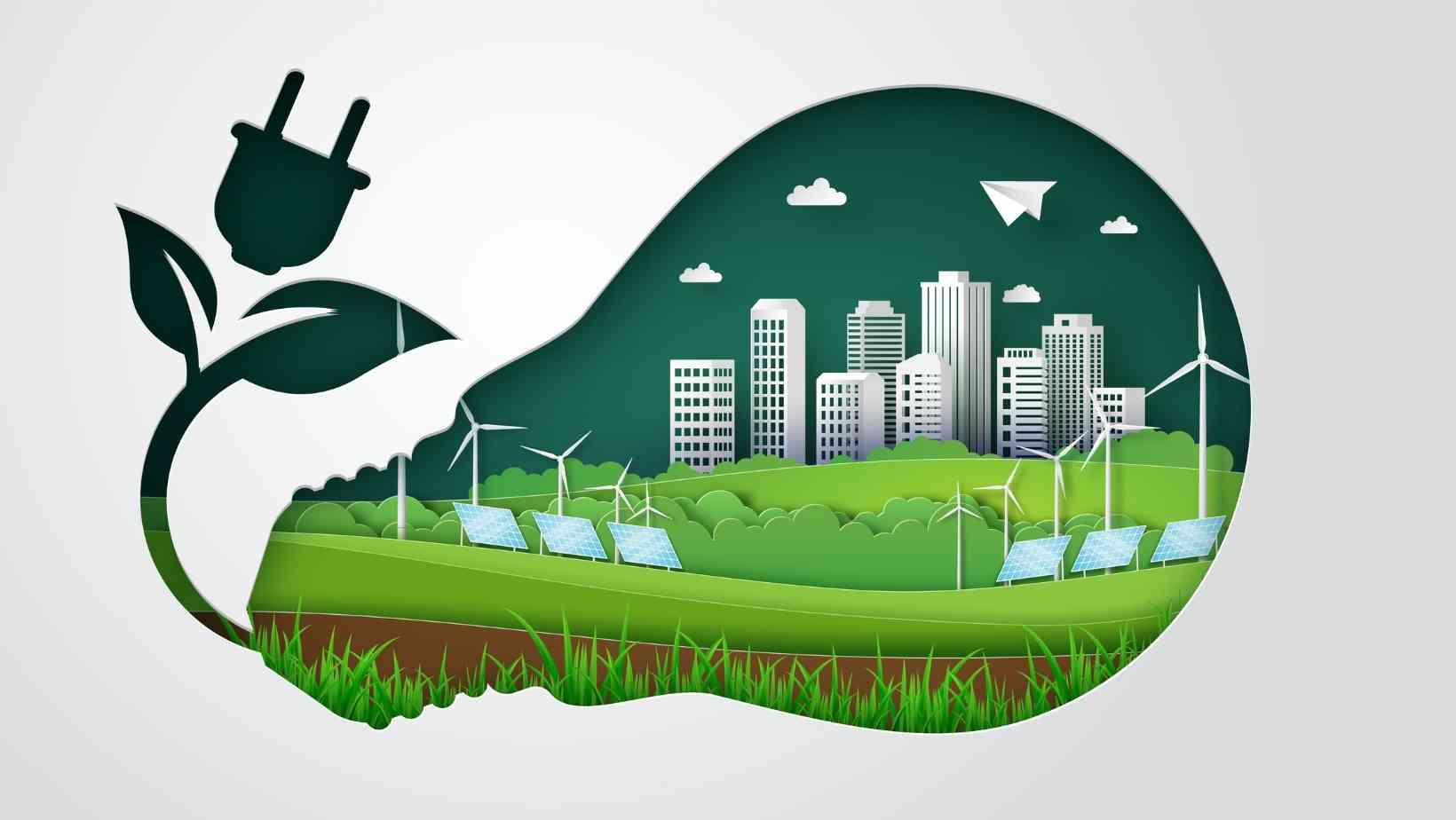Green Careers Week
Green Careers Week will be held between 6th and 11th November 2024! It is a new initiative created by the famous National Careers Week to promote the importance of protecting the climate and changing the world for the better.
Supported by some fantastic partners including STEM.org.uk, The Royal Society and the Met Office amongst others they want to help teachers and young people get to grips with emerging technologies and careers that will help safeguard the planet.
Around 60% of young people are ‘worried’ or ‘extremely worried’ about climate change, (according to a global survey conducted by Bath University in 2021) so this is why we want to highlight the amazing career pathways they can follow to improve the future climate.
Why are green jobs important?
Following the COVID pandemic and economic disruption, the current cost of living crises, the climate crisis and even as an answer to youth unemployment, green jobs are seen to be integral to any effort to jumpstart the UK economy.
Green jobs are seen as a way to help people back into work with skilled, decent, higher paid, rewarding jobs. This is why the Government sees green jobs as an important focus, as they will not only address the gaps in the employment market but will also help to solve the climate crisis too. And launching Green Careers Week is a great way to start!
They help this by doing:
- Improving energy and raw materials efficiency
- Minimising waste and pollution
- Limiting greenhouse gas emissions
- Protecting and restoring ecosystems
Benefits of Green Jobs
For every green job created, there are on average additional 1.4 jobs created elsewhere in the economy, rising even further in the energy, utilities and manufacturing sectors. Many jobs in the green economy pay more than the median wage in the UK, which means that skilled workers have the opportunity to earn more. What’s more, green jobs are also at a lower risk of automation than non-green jobs, especially for middle- and low-skilled workers. This means that these jobs are sustainable, providing long-term, more secure employment opportunities for workers.
Green Jobs:
- Wildlife preservation; river catchment officer, science officer, conversation apprentice, ecologist, tree surgeon.
- Building & Housing; eco-building technical apprentice, junior simulation engineer, solar farm manager.
- Sustainability; ornithologist, beekeeper, marine conversationist, sustainable fashion designer/buyer.
How to get involved:
- Hosting a space at the Virtual Careers Fair to showcase your organisation
- Connecting with careers educators and schools to get you noticed
- Bespoke social media & web campaigns for your careers programmes and brands
- Custom careers content creation & delivery
- Design for your campaigns aligned to NCW
How your organisation can go green…
The term “going green” means different things to different people. But in general, going green means making conscious and sustainable choices that help you reduce, rescue, and recycle. There are a lot of ways to go green, but no one “right” way to do it.
Recycling paper
For companies looking to go “greener,” use both sides of the page when printing and instead of recycling scrap paper, use the back of that paper for phone messages and notes.
But another way to go green is to become a paperless company. While going completely paperless may never be possible, instead of printing out documents, share them in the cloud.
Invest In Reusable
Cleaning the break room can be tiresome, especially if people don’t clean up after themselves. Try stocking the kitchen with reusable dishes and utensils helps a company go green in a big way.
Purify the Air Naturally
Get some plants for the office as not only do plants clean carbon dioxide from indoor air, but they’re also good at absorbing other chemicals, like benzene and formaldehyde. This means better air quality for the entire office.
Audit Energy Waste
Unplug things when they aren’t in use such as ensuring the printer is off or unplugged at the end of the day or turning off the router (if you can). Another easy fix is to have all of your electrical items plugged into a power strip. Power the strip up in the morning, and turn it off at night.
Consider Remote Work Options
Letting staff work from home is another way companies can go green. By letting people work remotely, there are fewer vehicles commuting to and from work, which means fewer greenhouse gases in the environment.
If you’ve been inspired by Green Careers Week 2024, find out more about green jobs and careers in Stockport and what local employers are saying about the future landscape.









